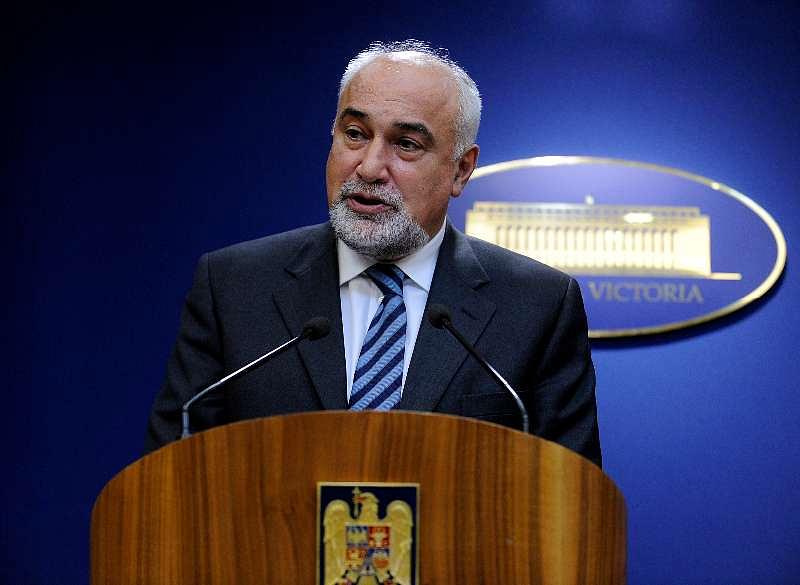Former finance minister blames courtyard hens for Romania’s low budget revenues

Romanian MP Varujan Vosganian, a former economy and finance minister, has found a possible explanation for the country’s low budget revenues: self-consumption and subsistence farming. He claims that each egg a peasant eats from his own courtyard robs the state budget of RON 0.5. The untaxed self-consumption thus leads to billions of lei in lost budget revenues.
“Let’s assume we use for our demonstration two laying hens. One of them belongs to a farm, the other one is raised in a courtyard. The farm egg will go to the market and be sold, on average, with RON 1. The courtyard egg will go from the hen-roost straight to the frying pan. The sold egg will bring VAT, tax on profit, dividend tax, tax on salary and social contributions. Add to this the salaries and profits on the distribution and retail chain. Meanwhile, the egg in the hen-roost, on its way to the pan, will produce no money,” Vosganian, a member of the Alliance of Liberals and Democrats (ALDE), part of Romania’s governing coalition, argued in a Facebook post.
“It’s the same with tomatoes grown in the garden, with jam from the plums in the orchard, the home-made soap made from fat, or the sweaters made from the wool of a farmers’ sheep,” he added. All of these produce gross domestic product (GDP) but no taxes, he said.
“The people in Denmark, France and other countries that reach budget revenues of some 45% of their GDP don’t have hens in their courtyards and don’t make ketchup from their own tomatoes. The fact that we have such a high tendency towards self-consumption, not only for food, costs us billions of lei of budget revenues each year,” he concluded.
His post raised many ironic comments in social media while some were outraged at the idea of taxing subsidence farming. In a subsequent post, Vosganian said that he only wanted to raise a real problem of the Romanian economy. “I guess I was too… abstract. The reactions I’ve received show that we still have a lot of self-consumption in terms of mentality as well,” he wrote.
Even the suggestion of taxing self-consumption brings back bad memories for many Romanians, given that under the communist regime, farmers were not allowed to slaughter the animals they raised without the state's consent and risked going to jail if they did so.
Romania has one of the lowest levels of budget revenues to GDP in the European Union, of some 28%, and the Government is making desperate efforts to keep the budget deficit under control this year, after the ruling parties promised higher wages and tax cuts last year in the electoral campaign.
Varujan Vosganian was minister of economy in three cabinets. Between April 2007 and December 2008, he was a minister of economy and finance in the Calin Popescu Tariceanu cabinet, a period during which Romania’s public spending spiked, despite the financial crisis on the world’s markets. As a result, Romania had to borrow almost EUR 20 billion from the International Monetary Fund, European Commission, and World Bank in the following year.
Vosganian is also a talented writer, whose books have been translated into more than 20 languages.
editor@romania-insider.com















